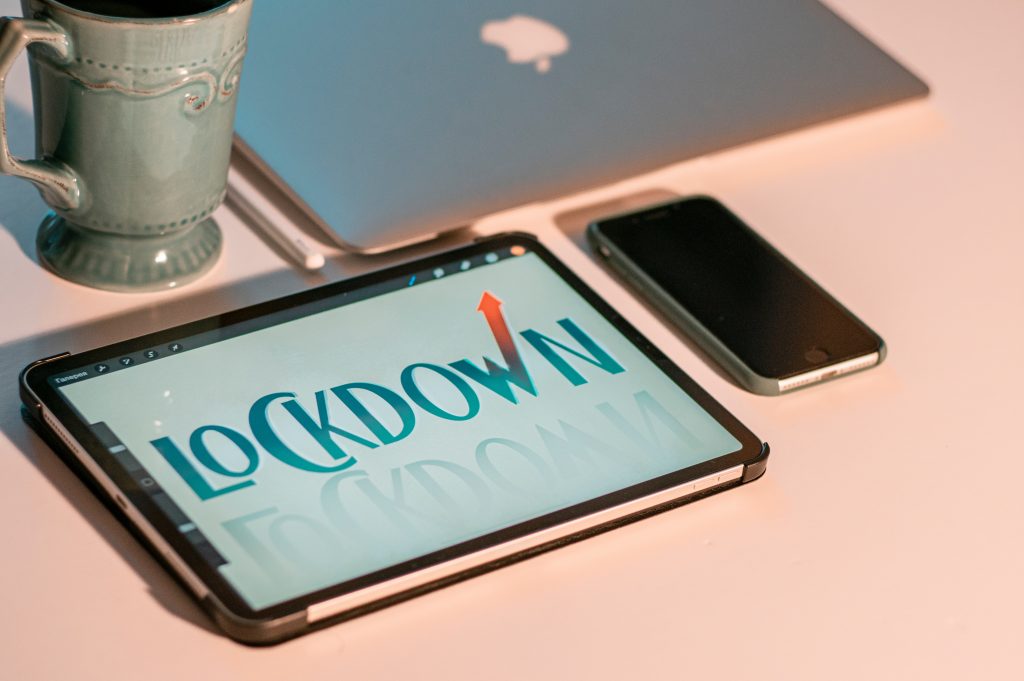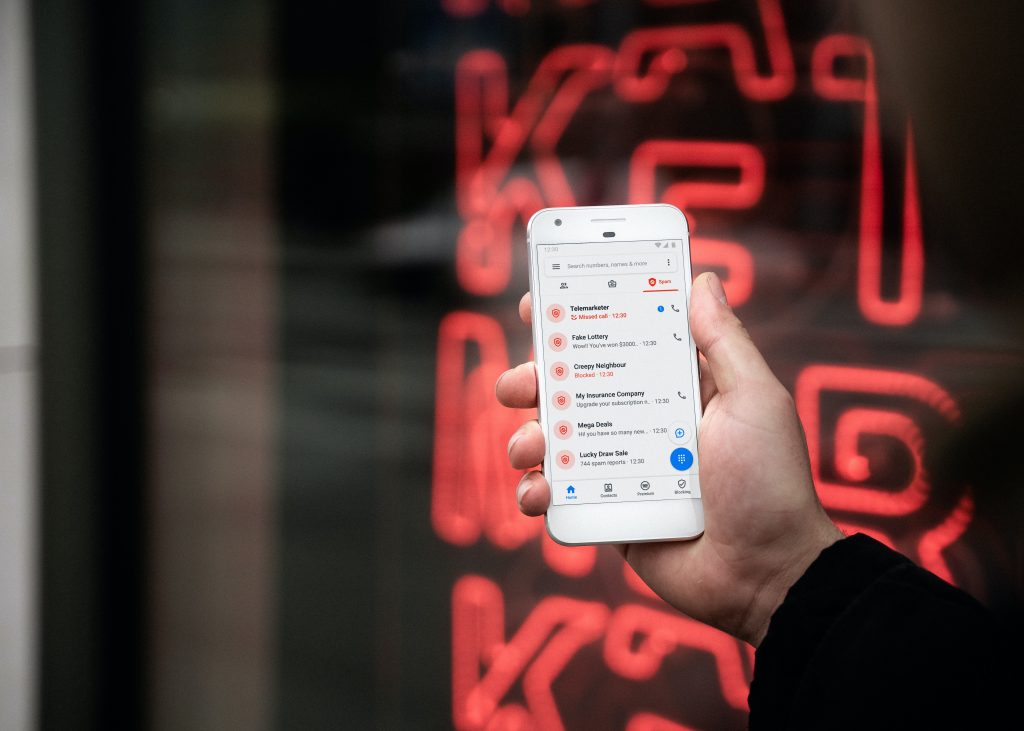
There have been increasing concerns in the health-care groups and governments after reports indicated that hackers might be trying to disrupt the distribution of Pfizer, Moderna and other manufacturers for Covid-19 that is being undertaken currently in the UK and soon in Canada.
According to Marc Rogers, the executive director of cybersecurity at Okta,
We have noticed an uptick in attacks against all aspects of the vaccine supply-chain from research through to manufacturing and distribution
Hackers have been very active during the pandemic in general as cyber attacks increased by 400% since the world went under a lock down due to the Covid-19 pandemic.
Corporate Ransomware Attacks
The most prominent type of cyber attack has been ransomware directed towards small to mid size companies where infrastructure is still growing but security hasn’t been implemented as effectively as it should be. These are the companies that are the most affected by the pandemic and are still struggling. The success rate may be due to these companies having so many more people working remotely now. The fact that some of these companies may have paid the ransom could be related to a new type of ransomware attack.
Cold storage groups — which are necessary for shipping and storing COVID-19 vaccine candidates at extremely low temperatures, such as one recently rolled out by Pfizer — have been increasingly in the crosshairs. A report last week from IBM referred to a ‘global phishing campaign’ and warned that hackers could attack targeting groups associated with the above mentioned cold storage for the COVID-19 vaccine process.
Covid-related phishing scams
As we are focused on the vaccine rollout and distribution, so have the scammers. There are a number of Covid related phishing scams that are floating around on the Internet right now. Scammers have been known to send ads for fake products that include miracle cures for the virus and medicines to increase immunity dramatically.
In other phishing emails, hackers are trying to send falsified emails that are asking people to enroll into a vaccine program. The vaccine rollout has already been staggered due to recent mishaps at major distribution centers, vaccines are already hard to come by especially in Canada. These emails are poorly worded and full of grammatical errors but that still hasn’t deterred people from falling for these phishing scams.

Malvertising is a term for malware ridden advertisements. If you see any advertisements online related to the COVID-19 outbreak or vaccine which does not come from official sources — such as healthcare providers, government domains, or hubs such as Facebook’s COVID-19 Help Center which only provides data from official sources — you should ignore them outright.
Text messages and especially Whatsapp messages have been a favorite for hackers and scammers for quite some time now. People have been forwarding Whatsapp messages without verifying the sources or legitimacy of said messages. This is particularly harmful for people whose primary source of news and information is Whatsapp. Users need to take everything on Whatsapp with a grain of salt and verify the sources for any Covid-19 related news before forwarding them to other groups or using it themselves.
How to stay safe from Covid related scams?
The first and most important point is to never buy medical equipment or treatments from unofficial, untrusted sources. Hackers do not care about the means they use if they see money at the end of the transaction –which could include putting someone’s life at risk.
Do not give out your Personal Identifiable Information (PII) to anyone over the phone, text, email. If you have even a slight doubt about the legitimacy of the information, it is likely a scam. Instead, directly email or call the local provider or check the official websites for latest information.
You should also treat any request for PII, whether made over the phone, via text, or email, very carefully. If there is a shred of doubt that this is genuine — and it is likely to be a scam when communicated in these ways — you should give nothing over. Instead, directly email or phone your local provider, or check official websites for the latest information.
Very informative article…